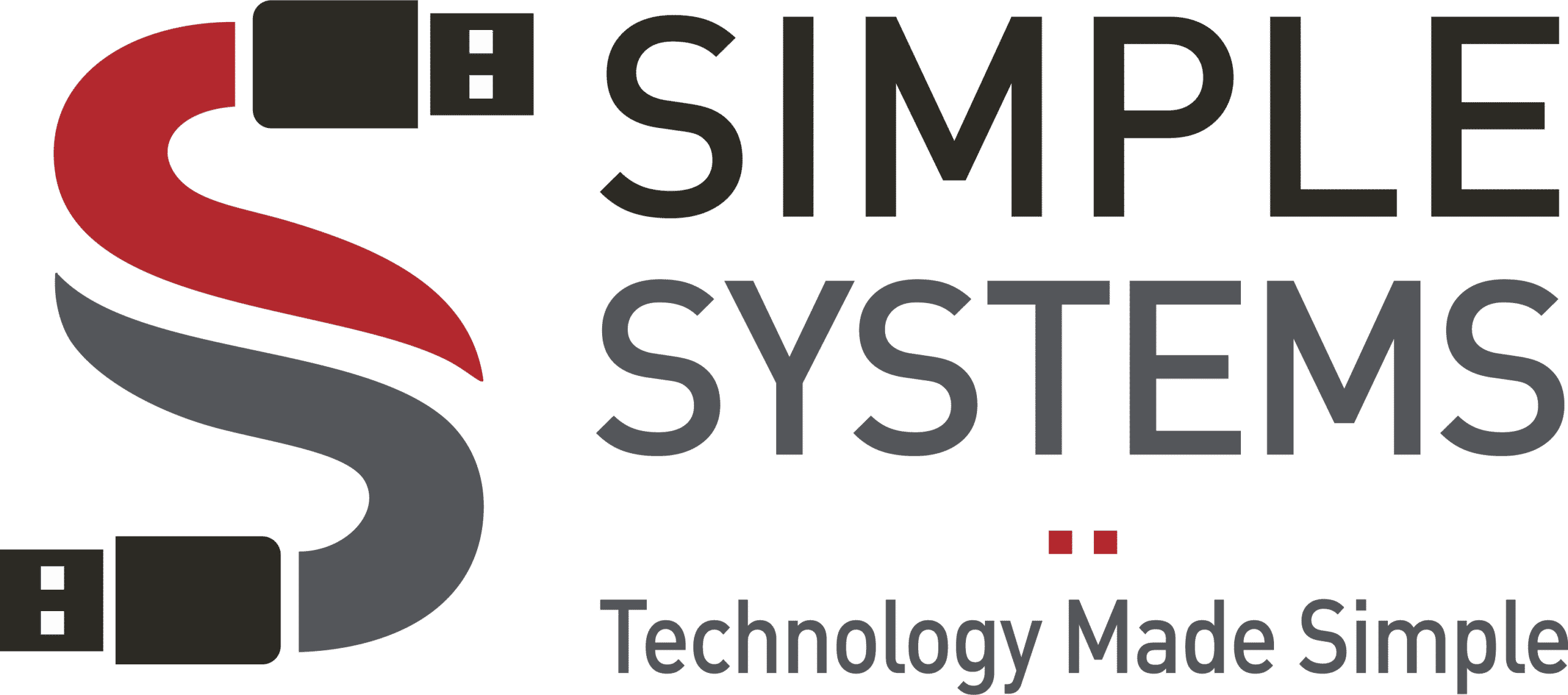The rapid growth of Artificial Intelligence (AI) is revolutionizing industries, unlocking unprecedented potential for innovation and efficiency. From healthcare to finance, AI’s transformative capabilities are reshaping business processes and driving huge economic growth. However, as AI becomes integral to society, the clamor for AI regulation grows louder.
Governments and international institutions are urging stronger frameworks to manage AI risks and safeguard privacy, fairness, and transparency. These new regulations are expected to impact the business landscape in ways that will shape the future of business. Let’s find out how.
The Impact of AI Regulation on Businesses
AI regulation will bring significant changes to the way businesses operate, especially in industries that rely heavily on AI technology. Companies will have to adapt to new requirements and comply with regulations to avoid penalties and maintain consumer trust. Here are just a few ways this could shape the future of business:
- Compliance Costs and Challenges: As new regulations are introduced, businesses will have to allocate resources and invest in technology to comply. These financial requirements could be especially challenging for smaller businesses or startups.
- Innovation and Development: A heavier regulatory environment may restrict the development of new AI technologies or slow down innovation. Companies will have to balance compliance with continued investment in research and development to stay competitive.
- Shifts in Business Models: Regulations may require businesses to change their business strategies and models. For example, with stricter data protection regulations, companies may have to rely on alternative methods for collecting and using consumer data.
How AI Regulation Will Impact Key Business Sectors
New regulations are likely to have a varying impact on different industries, depending on the level of AI integration and potential risks. Here’s how some key sectors may be affected:
Healthcare
AI technologies used in diagnostics, treatment planning, and patient care will face high regulatory scrutiny to ensure safety and privacy. These applications directly impact patient outcomes and data confidentiality, so stricter regulations are expected and needed. Healthcare organizations will need to ensure compliance to keep fostering trust and high-quality care.
Financial Services
Many businesses expect new regulations aimed at preventing algorithmic bias and ensuring transparency among automated financial decision-making processes.
These regulations could have a significant impact on the industry, as many financial institutions have begun to rely heavily on AI and machine learning for decision-making. Some predict that increased regulation might slow down the pace of innovation in financial services, while others believe that regulation will drive more ethical and responsible use of AI in the industry.
Workforce
There is an increasing demand for the use of regulations to address critical concerns about job displacement, surveillance, and workplace fairness. By implementing guidelines that safeguard employee rights, new regulations could help companies create more transparent and ethical workplaces.
Additionally, these measures aim to prevent excessive surveillance and promote equitable opportunities, thus fostering a more secure and fair work environment.
The Way Forward: Opportunities Created by AI Regulation
While these regulations may bring new and unique challenges, they also create opportunities for businesses to embrace responsible and ethical practices.
Companies that secure compliance with new regulations are likely to enhance consumer trust and credibility, gaining a competitive advantage in the market. Businesses that adhere to new standards will demonstrate a commitment to ethical practices, fostering consumer confidence and creating opportunities for sustainable growth.
Additionally, collaboration will be crucial as industries move forward—stakeholders will need to establish universal standards for AI deployment to ensure an alignment in ethical and operational practices. This collaboration is needed to promote responsible adoption of AI, ultimately shaping a better future for businesses and society.
How to Prepare for the Regulatory Landscape
As the regulation landscape continues to evolve, businesses must be proactive in understanding and preparing for potential changes. Here are a few steps businesses can take to stay ahead of the regulatory landscape:
- Establish comprehensive internal compliance programs to ensure adherence to regulations.
- Allocate resources for ongoing training and awareness initiatives to educate staff on compliance matters.
- Maintain regular engagement with regulatory bodies and industry organizations to foster collaborative relationships.
- Continuously monitor and stay informed about the latest developments in regulation to adapt policies accordingly.
Gain Professional Compliance Support From Simple Systems
As AI regulation becomes more prevalent, companies will need the right tools and expertise to navigate the changing landscape. Simple Systems is a leading managed IT service provider, offering comprehensive compliance solutions to help businesses adapt to evolving regulations, minimize risks, and ensure the ethical use of AI. Leave compliance matters to Simple Systems so you can focus on new growth and innovation.


